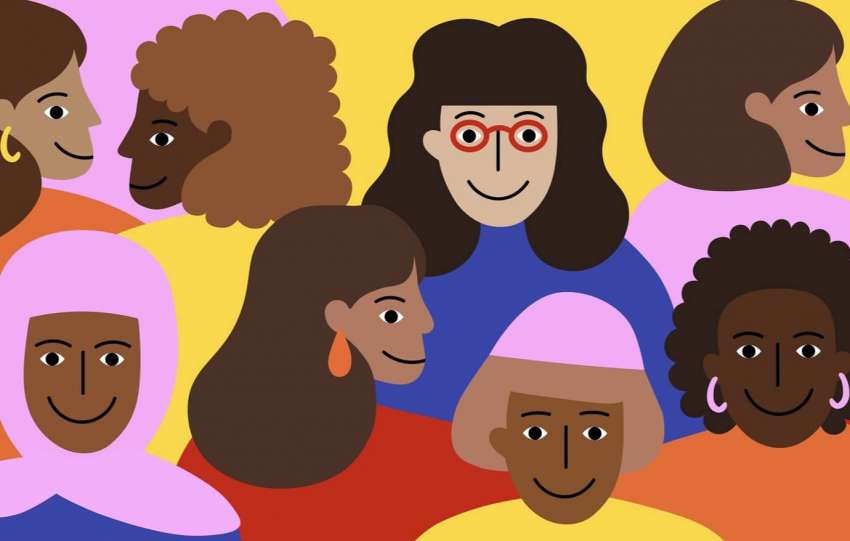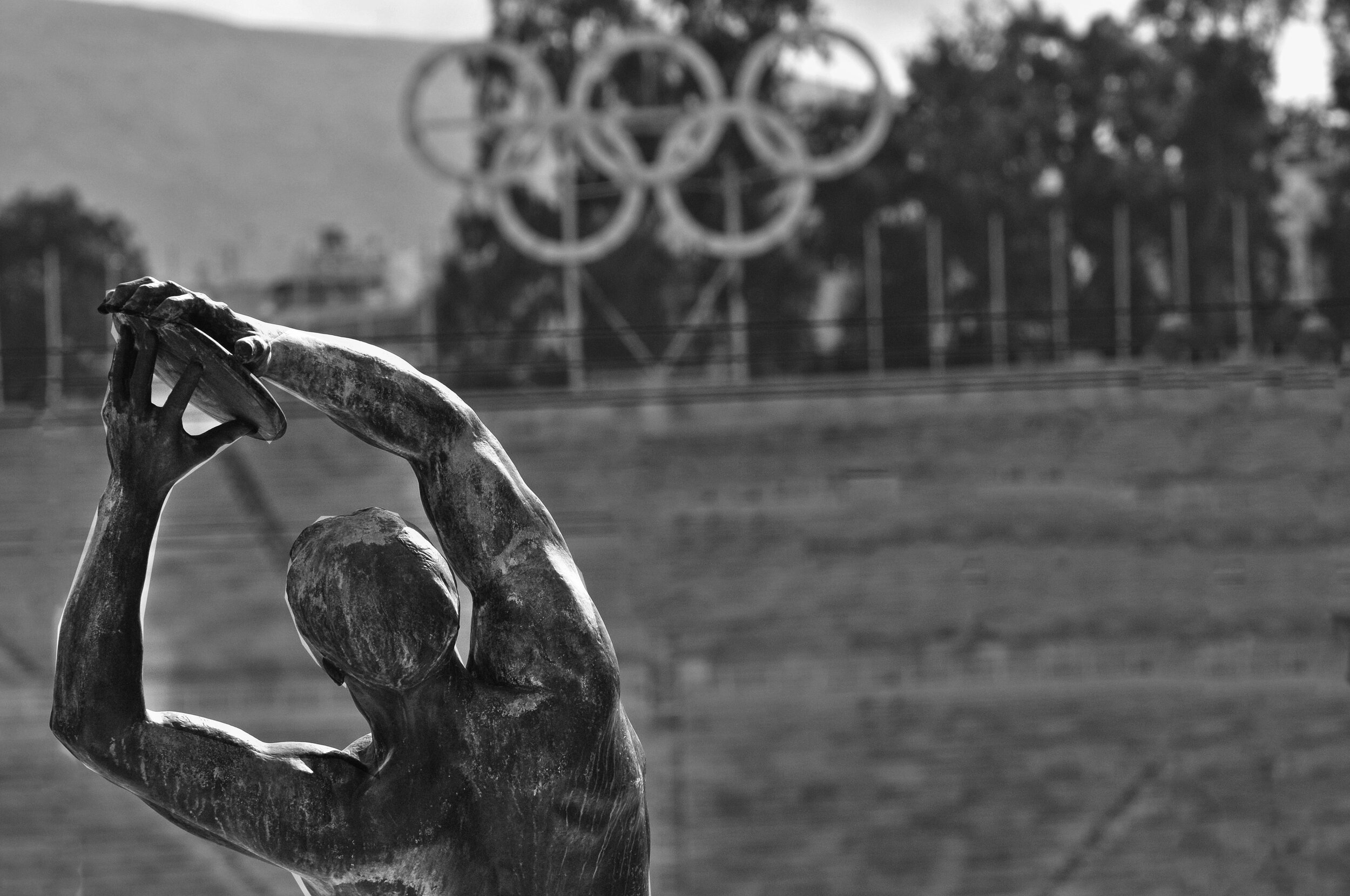Share This Article
Elliott Earnshaw reflects on ethnocentrism in charities and how we can all make the step towards effective altruism.
There are many ways in which we can make a difference in the world. One of the most common and straightforward ways to do so is to make donations to charity.
Recently, the likes of the ALS Ice Bucket Challenge, #nomakeupselfie, #MeToo, the Notre Dame Cathedral, Australian Drought Relief, Celeste Barber’s bushfire fundraiser and even Israel Folau’s legal expenses have taken advantage of a new wave of online fundraising platforms and social media campaigns. Facebook Fundraiser, GoFundMe, mycause and countless other organisations have made it easier than ever before for people to donate and receive public recognition for it.
The proportion of these donations made from a desire to good in the world compared to the proportion made from a desire to signal virtue is up for debate. Regardless of one’s motivations for contributing to charity, it is still incredibly heart-warming to see such movements demonstrating the generosity of so many people. But when giving to charity, we must ask ourselves, what ‘good’ is this money going to do in the world? We must ask ourselves, is there a way to be using our money that could do more ‘good’?
Herein, I will be assuming that something is ‘good’ if it increases the aggregate well-being of conscious creatures in the world. In other words, the best possibility is the one which reduces suffering in the world by the greatest amount. For simplicity’s sake, I will focus on human beings.
Thus, the best charities to donate to will be the ones which provide the most cost-effective benefit to the wellbeing of the population.
However, when we look at the philanthropic movements which have gained the most traction and support, it seems many of them are comparably ineffective at achieving this objective. I believe that there is a clear bias toward supporting issues which impact ‘WEIRD’ (Western Educated Industrialised Rich and Democratic) nations.
Western-Centrism, ethnocentrism, eurocentrism, parochialism or even potentially nationalism, whatever you want to describe it as, this insular view of philanthropy does not do us any good. It is an inefficient way of allocating scarce resources.
Take, for instance, the fundraising effort after the Notre Dame Cathedral burned down. Over A$1 billion was raised 10 days. One billion dollars. To rebuild a cathedral.
To put this into context, the Against Malaria Foundation can distribute an insecticide-treated malaria net for only US$2. Malaria currently kills between 400,000 and 600,000 people per year. GiveWell, an organisation which evaluates the cost-effectiveness of various charities, estimates that it costs just US$7,000 to avert the painful death of a child under-5 via the AMF. Some estimates have put that figure closer to US$3500.
Such figures are not precise and should not be taken literally as they are much more sophisticated than I have indicated. But cost per death averted is also only one of many metrics which doesn’t take into account the aversion of suffering associated with non-fatal malaria, disability-adjusted life years (DALY’s) or the associated economic benefits and other long-term consequences of preventing malaria.
The Notre Dame Foundation raised $1 billion in 10 days. The Against Malaria Foundation, which is commonly regarded as the most cost-effective charity for saving lives, has raised a total of US$243 million since its inception. One can only imagine where we would be in the fight against malaria if these figures had been the other way around. When you do the math based on GiveWell’s estimations, it shows that had the $1 billion been given to the Against Malaria Foundation, it is possible to have saved the lives of somewhere between 140,000 and 250,000 children.
Another example of ethnocentrism in charity relates to helping the blind. For approximately $40,000 you can provide a blind person in Australia with a fully trained guide dog. This is a good thing to do, but at the same time, $25 can fully restore sight to a person in a developing country via the Fred Hollows Foundation. Are you better off providing one guide dog for a person in a ‘WEIRD’ nation, or restoring sight to 1600 people in a developing nation?
In a similar vein, the Australian bushfire relief fundraiser raised well over A$500 million for various charities in a matter of weeks. The ‘Black Summer’ bushfires were horrific and a truly terrible natural disaster. Every life lost is a tragedy. But even in the worst bushfire crisis the country has ever seen, only 34 lives were lost. There are, of course, many other horrible consequences. But consider that in the same 5-month period, around 1,290,000 children died from undernutrition. This is over 36,000 times more people than died in the same-time period during the bushfire crisis, and this is happening all year round, every year.
Helen Keller International, which provides vitamin supplementation to prevent child malnutrition in sub-Saharan Africa and is one of GiveWell’s ‘top charities’, raised a total of $83m in 2018, $55m of which was government grants. In just weeks, the bushfire appeal raised over $500m. The net altruistic effectiveness of the bushfire appeal is further diminished by funding from the NSW and federal governments to the value of $1 billion and $2 billion respectively for bushfire recovery.
Giving money to the NSW RFS to purchase equipment and improve facilities is not in the same league as feeding starving children in Africa.
Even Australia’s most trusted charities such as the Royal Flying Doctor Service, the Cancer Council or the Heart Foundation do not appear in any of the lists of highly effective charities.
This is not to take away from these issues or to say that they are not doing good in the world. Significant issues exist in WEIRD nations which must be dealt with in their own right. And you are indeed much better off donating to even a relatively ineffective charity than you are spending it on gambling or luxury goods. But realistically, giving money to the Notre Dame Foundation to rebuild a church is not equally as good as supporting deworming initiativesand providing safe drinking water in Sub-Saharan Africa. Insular altruism is not real altruism.
Yet we, myself included, are still incredibly willing to donate to ineffective western charities at the expense of truly impactful ones. This view may seem harsh, but every dollar donated to the bushfire appeal was a dollar that could have been and wasn’t donated to Save the Children.
According to the Australia Charities Report, international charities received just 1.1% of revenue from donations made by Australians in 2017. I think it is thus quite clear that there is an ethnocentric bias in charitable giving.
Peter Singer’s thought experiment ‘The Drowning Child and the Expanding Circle’ explains the paradoxical treatment we give to those who are ‘near’ to us, compared to those who are ‘far away’. Singer’s analogy shows how, by virtue of us not giving away almost all of our wealth, we are all essentially standing by a shallow pond, watching yet another child drown because we don’t want to get our clothes wet.
I do not believe that such philanthropic parochialism is necessarily evidence of xenophobic, racist or chauvinistic intent. It is a perfectly understandable behaviour. It is simply human nature to be more concerned about the things which we encounter every day. We live in a highly developed nation and are thus more likely to focus on issues which impact people similar to us. Likewise, as self-serving creatures, we are more likely to help causes which will benefit us in some way.
We are all influenced by the desire to jump on the bandwagon of a social media movement. We are also all conditioned by hegemonic structures around us to view those which are different to us, such as those living in the developing world, as “the Other”.
But this is a behaviour founded in ignorance. And it is harmful. If we believe that all human lives have equal value, then it simply follows that it is entirely illogical and even unethical to donate to the rebuilding of Notre Dame, or the Bushfire appeal. The opportunity cost of doing so is quite literally the lives of human beings.
I have no doubt that I am considerably less good than I could be, and that I donate far less than I should. It is virtually impossible to be ethically consistent when it comes to altruism and deciding where to spend our time and money. We all have our own selfish desires and we must balance this with the often-competing desire to alleviate the unnecessary suffering of others. But the inevitability of the disparity in our commitment toward these two issues should not stop us from doing everything we can to lessen this disparity and alleviate more suffering. I strongly believe we can all overcome our implicit ethnic biases and do more good in the world.
Currently, Australians give on average just 0.42% of their incomes (in tax-deductible giving) to charity. What percentage of income should we donate? Where do we draw the line? That is up to you decide.
It is unrealistic to suggest that we should never buy any “wants” again so as to donate as much as possible to charity, even though we all know this would be a good thing to do. But this doesn’t mean we shouldn’t sacrifice some of our “wants” in order to donate more to charity. And if we are going to give more to charity, we may as well give to the charities which make the biggest difference.
In a world where over 820 million people (one in nine) suffer from chronic undernourishment, hunger is a cause of 3.1 million child deaths annually and more than 1.5 million people die per year from vaccine-preventable diseases, we simply cannot afford to allocate resources in a manner that does not do the most good.
I am not saying that charity can cure all of these complex and multifaceted problems. But it sure can go a long way towards treating them. In my opinion, the best approach to charity lies within ‘Effective Altruism’, which uses reason and evidence to determine the most cost-effective ways to benefit others. We need to think beyond our implicit biases and give to the causes which really need our help. I believe that this is the path towards doing the greatest good for the greatest number. And if this isn’t something we can all strive for, then I don’t know what is.
You can find out more at:
Images: Pexels




